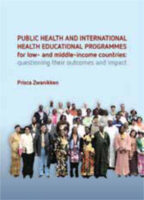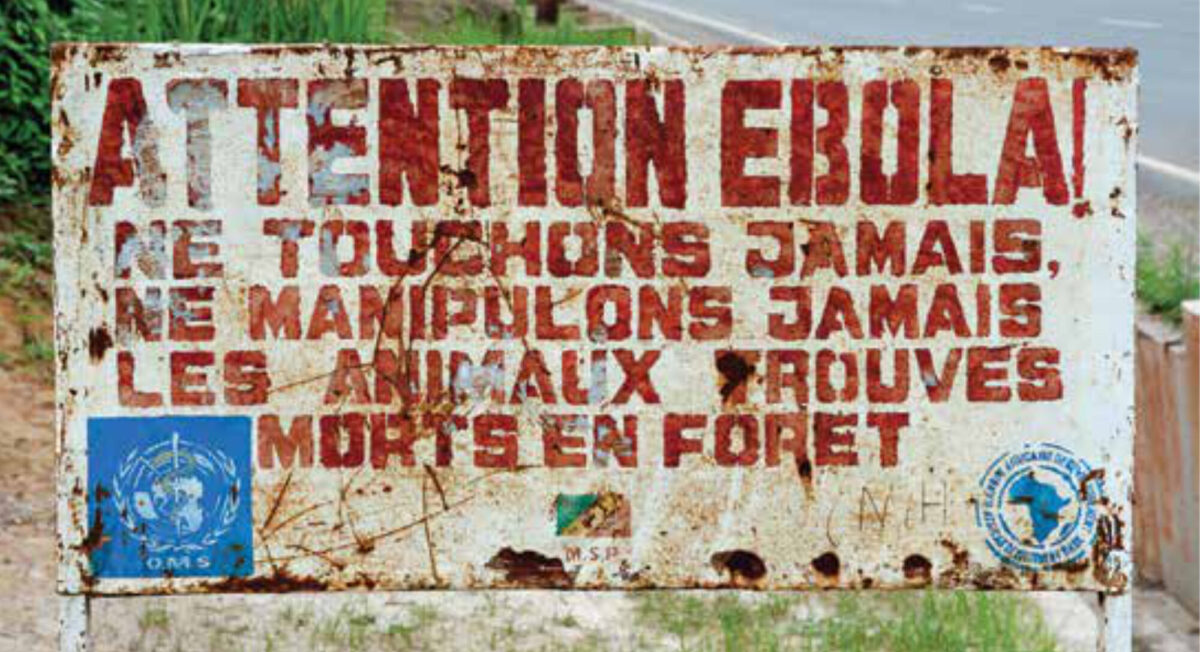Main content
On January the 23rd of this year Prisca Zwanikken, KIT’s educational programme director and former NVTG board member, defended her PhD research at the University of Maastricht. Her research addresses the topical issue of human resources for health (HRH) in low- and middle-income countries (LMICs). Many publications have highlighted the need to train more human resources to address the global shortage of health workers. Many educational institutes have answered to that call, offering master’s programmes and trainings to provide health workers in LMICs with more skills to address the public health challenges in their countries. But what about the impact of such trainings, are they meeting the real needs? Has the study enabled the graduates to improve health management or policymaking? And, how has it affected their professional career development? These and other questions about the outcomes and impact of public and international health educational programmes for low- and middle-income countries have been addressed in Zwanikkens’ doctorate research over the last three and a half years.

The study proved to be unique, as previous studies had hardly addressed the outcome and impact of a Master degree in Public Health. This may come as a surprise, given an increasing interest of donors, policymakers and management in measuring and demonstrating the effect of interventions. For many years a positive effect was assumed, however now, with this research there is evidence at hand. The outcome of the study, covering six Masters in Public Health in Sudan, the Netherlands, Mexico, China, Vietnam & South Africa was primarily positive. As Zwanikken indicates: “We always say that our alumni are doing well, and are making a contribution to improving health worldwide. These studies offer us the evidence to support that claim. Master programmes contribute to careers of graduates and the students attribute their success to a certain degree to the educational programmes.”
The research provides valuable insights into the dynamics of professional development of senior health professionals from LMICs. Prisca Zwanikken demonstrates in her research the crucial role of continuous education, not only in technical terms, but also in developing leadership in public and international health. Alumni become agents of change, with the potential of changing health and health policy all over the world. The alumni inspired Zwanikken to conduct her research, and continue to do so in her day-to-day work of “educating future leaders in health around the world.”
Master programmes contribute to careers of graduates and the students attribute their success to a certain degree to the educational programmes.
The doctoral thesis ‘Public health and international health educational programmes for low- and middle-income countries: questioning their outcomes and impact’ is available at: http://pub.maastrichtuniversity.nl/2c077571-6d65-428e-8e00-7893b4026a07
More on:
http://www.kit.nl/health/kit-news/meeting-real-needs-education-public-health-scrutinized/
http://www.kit.nl/health/news/




















































